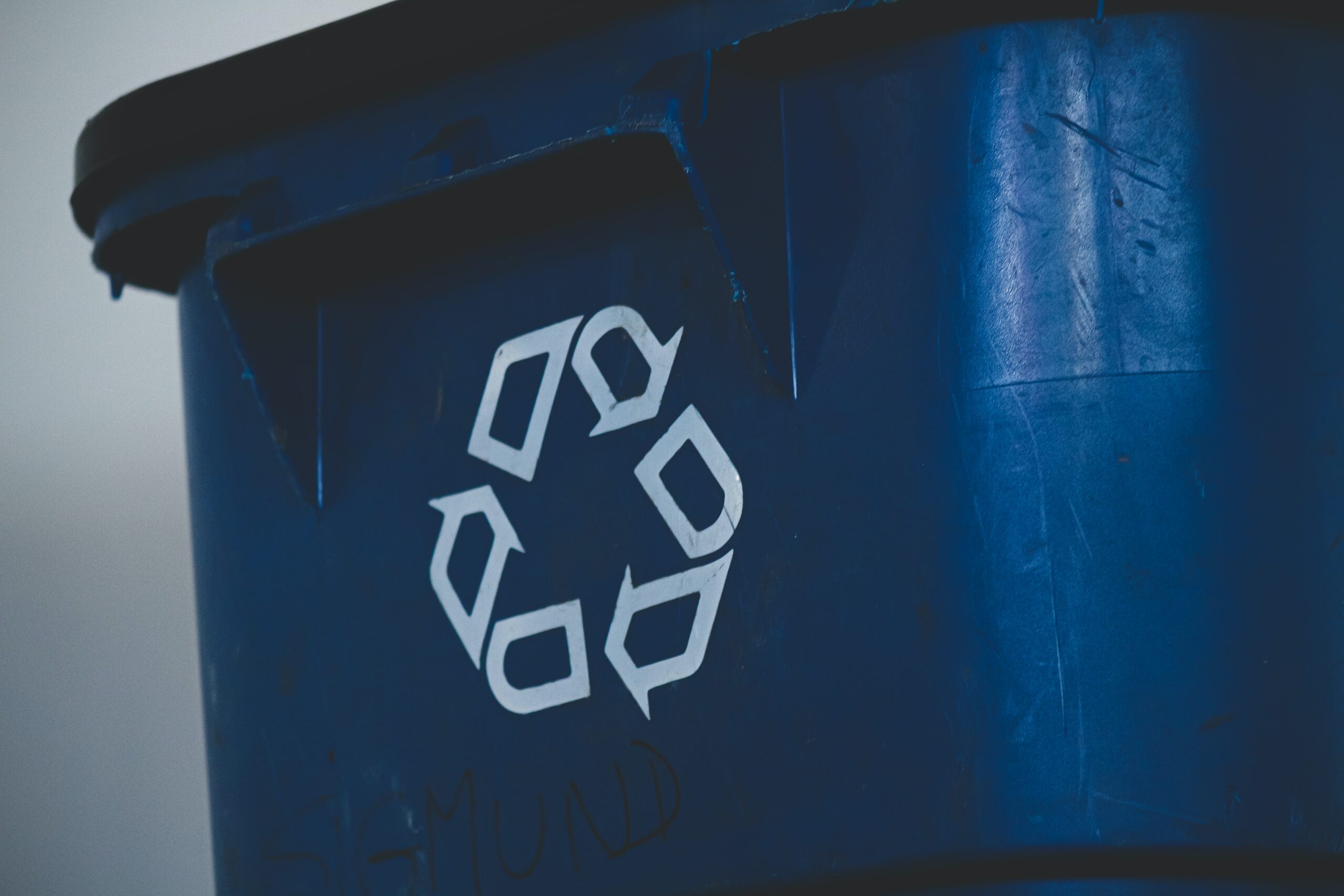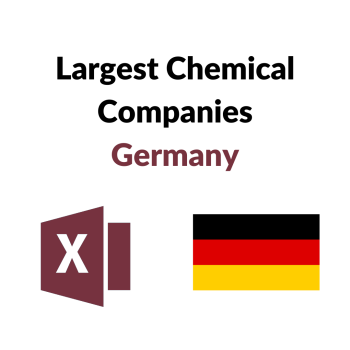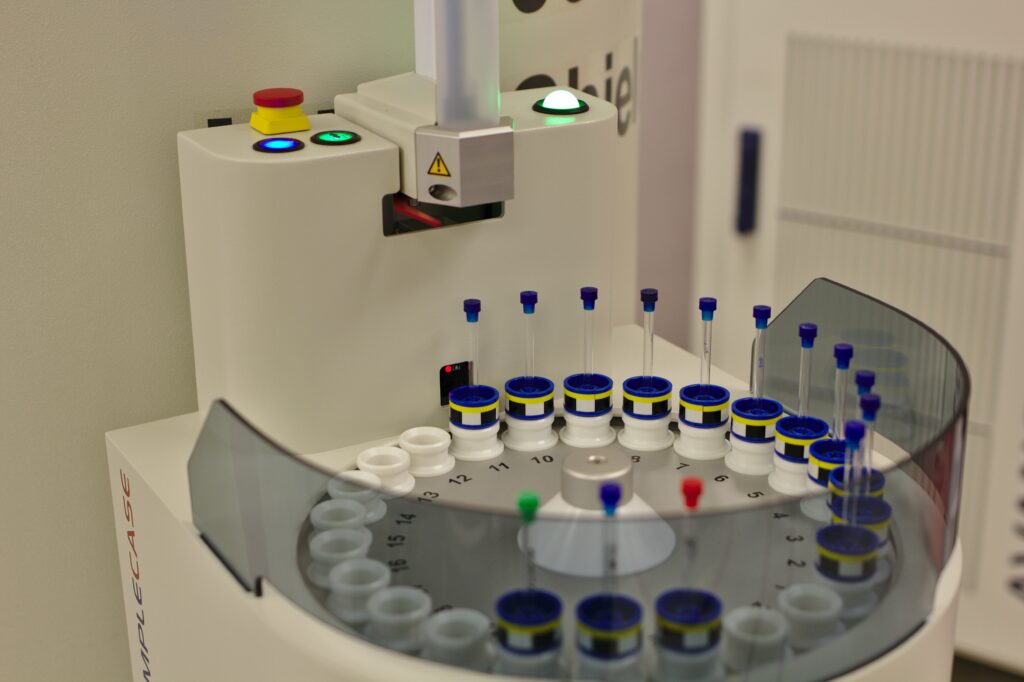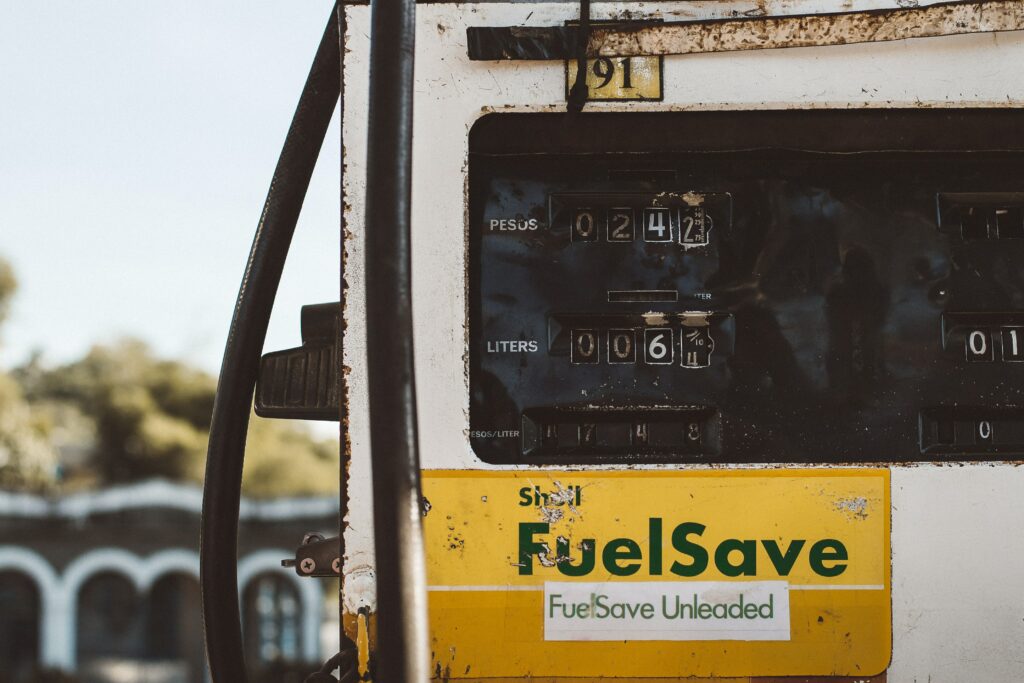One of the greatest challenges at present and in the years to come is the transformation to a sustainable and resource-conserving economy. This also and especially affects the German chemical industry. As a producer and supplier of many raw materials, the chemical industry is at the beginning of commodity chains and is literally at the lever of sustainable change. In addition, the chemical industry is one of the most energy-intensive industries in Germany, accounting for 20% of the energy required in the manufacturing sector. One of the most promising and important approaches to achieve the goal of an environmentally friendly industry is circular economy. This article is based on the unique Top 700 Chemical Companies Germany – List of the largest chemical companies.
-
Rated 5.00 out of 5€349,99 Incl. VAT
- Excel list of the 600 largest German chemical companies for download
- Including: sales (since 2015), number of employees, e-mail, address, telephone number, management, etc
- Detailed information on industry (specialty chemicals, pharmaceuticals, paints and coatings, construction chemicals, etc.)
- Download valid at any time, free updates within one year after purchase, free preview file available
- Last update: 07.08.2020
Circular economy – more than recycling
According to the Chemical Industry Association, at the heart of this concept is the reduction of CO2 emissions – itself understandable, the reduction of greenhouse gases is essential to counteract climate change; however, circular economy in the chemical-pharmaceutical sector involves many more areas. Generally speaking, circular economy revolves around 5R’s: take-back, recycling, recovery (of energy), and cleaning and residue disposal. These 5R’s can affect a wide variety of areas and offer plenty of room for innovation. The use of electricity surpluses for the production of chemicals, waste utilization, recycling of CO2 as a raw material or even the extraction of basic chemicals in biorefineries are just a few examples of applications.
Startups as hopefuls for circular economy
Great hopes are pinned on startups that are changing the market with innovative business ideas. Safechem, for example, can significantly reduce the amount of solvent in wastewater through its circular business model, in which it offers a leasing model for solvents. Another exciting startup, Neustark, comes from Switzerland and binds CO2 extracted from the atmosphere into recycled asphalt. So possible business models that have circular economy at their core are many and varied. This is also necessary, because the German chemical industry wants to be greenhouse gas neutral by 2050, and this requires innovations that revolutionize the market.
Source: Listenchampion Image source: Unsplash
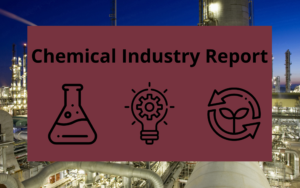 This article is based partly on our list of the 700 largest chemical companies in Germany and partly on our Chemical Industry Report. In our industry report of the German chemical sector you will find detailed information on areas of activity, an overview of the locations and clusters of the chemical industry, key financial figures as well as insights into the gender distribution and sustainability efforts of the industry.
This article is based partly on our list of the 700 largest chemical companies in Germany and partly on our Chemical Industry Report. In our industry report of the German chemical sector you will find detailed information on areas of activity, an overview of the locations and clusters of the chemical industry, key financial figures as well as insights into the gender distribution and sustainability efforts of the industry.

